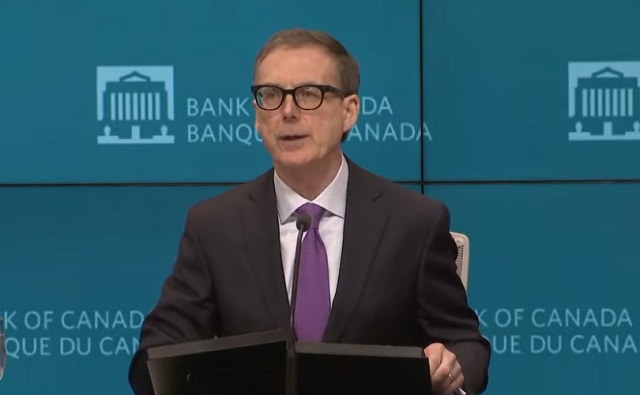Quick Hit:
President Trump said Sunday he won’t make a tariff deal with China unless its $1 trillion trade surplus with the U.S. is balanced. Speaking aboard Air Force One, he called the deficit “not sustainable” and said tariffs are already driving a wave of investment back to America.
Key Details:
-
Trump told reporters the U.S. has “a $1 trillion trade deficit with China,” adding, “hundreds of billions of dollars a year we lose to China, and unless we solve that problem, I’m not going to make a deal.” He insisted any agreement must begin with fixing that imbalance.
-
The president said tariffs are generating “levels that we’ve never seen before” of private investment, claiming $7 trillion has already been committed in areas like auto manufacturing and chip production, with companies returning to places like North Carolina, Detroit, and Illinois.
-
On Truth Social Sunday night, Trump wrote: “The only way this problem can be cured is with TARIFFS… a beautiful thing to behold.” He accused President Biden of allowing trade surpluses to grow and pledged, “We are going to reverse it, and reverse it QUICKLY.”
Diving Deeper:
President Donald Trump reaffirmed his tough trade stance on Sunday, telling reporters that he won’t negotiate any new deal with China unless the massive trade deficit is addressed. “We have a $1 trillion trade deficit with China. Hundreds of billions of dollars a year we lose to China, and unless we solve that problem, I’m not going to make a deal,” Trump said while aboard Air Force One.
He emphasized that while some countries have deficits in the billions, China’s trade advantage over the U.S. exceeds a trillion dollars and remains the most severe. “We have a tremendous deficit problem with China… I want that solved,” he said. “A deficit is a loss. We’re going to have surpluses, or we’re, at worst, going to be breaking even.”
Trump touted the impact of tariffs already in place, pointing to an estimated $7 trillion in committed investments flowing into the U.S. economy. He highlighted growth in the automotive and semiconductor sectors in particular, and said companies are now bringing operations back to American soil—citing North Carolina, Detroit, and Illinois as examples.
He also claimed world leaders in Europe and Asia are eager to strike deals with the U.S., but he’s holding firm. “They’re dying to make a deal,” he said, “but as long as there are deficits, I’m not going to do that.”
Trump projected that tariffs would add another $1 trillion to federal revenues by next year and help re-establish the U.S. as the world’s top economic power. “Our country has gotten a lot stronger,” Trump said. “Eventually it’ll be a country like no other… the most dominant country, economically, in the world, which is what it should be.”
Later Sunday night, Trump doubled down in a Truth Social post, writing, “We have massive Financial Deficits with China, the European Union, and many others. The only way this problem can be cured is with TARIFFS, which are now bringing Tens of Billions of Dollars into the U.S.A.” He added that trade surpluses have grown under Joe Biden and vowed to reverse them “QUICKLY.”
















